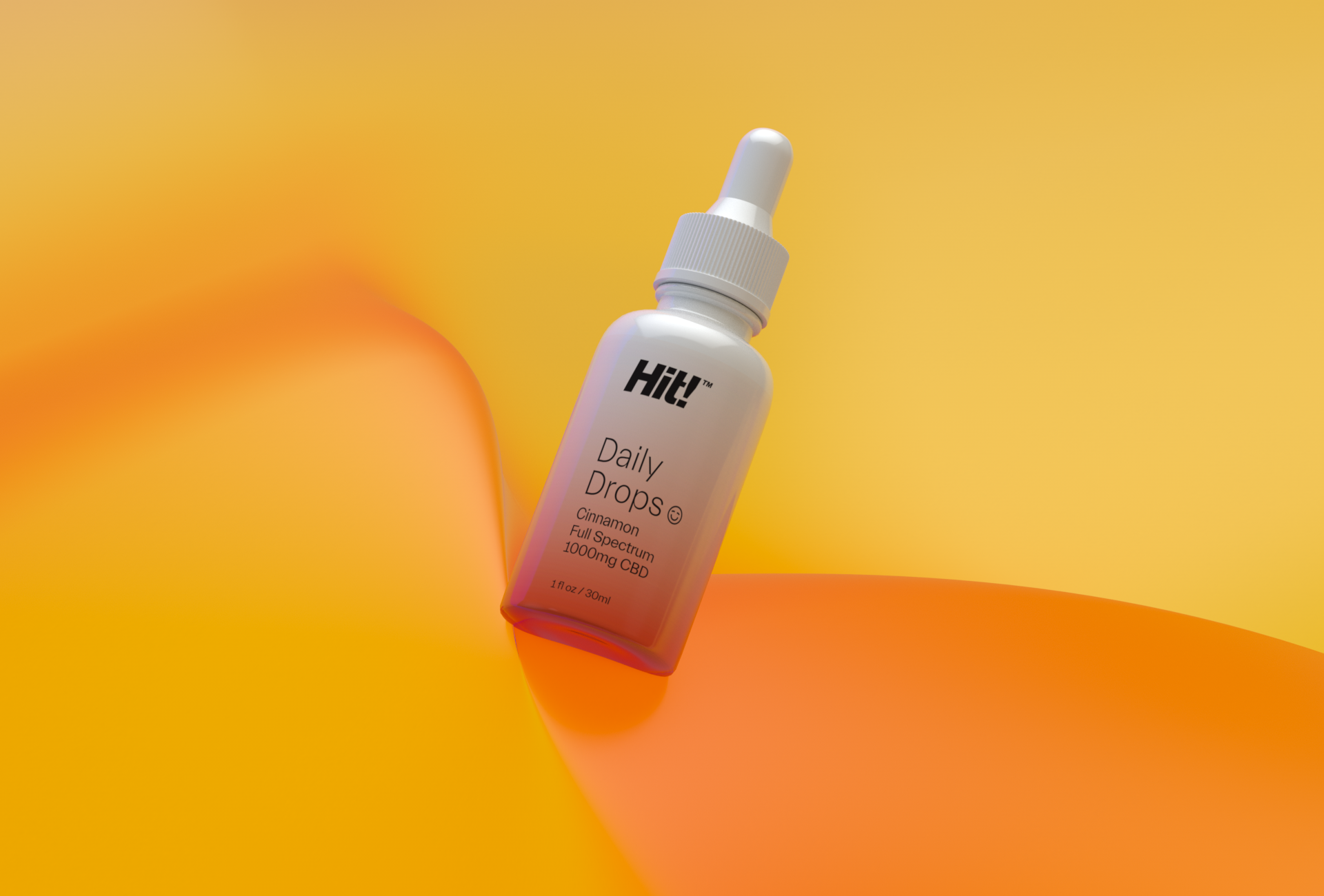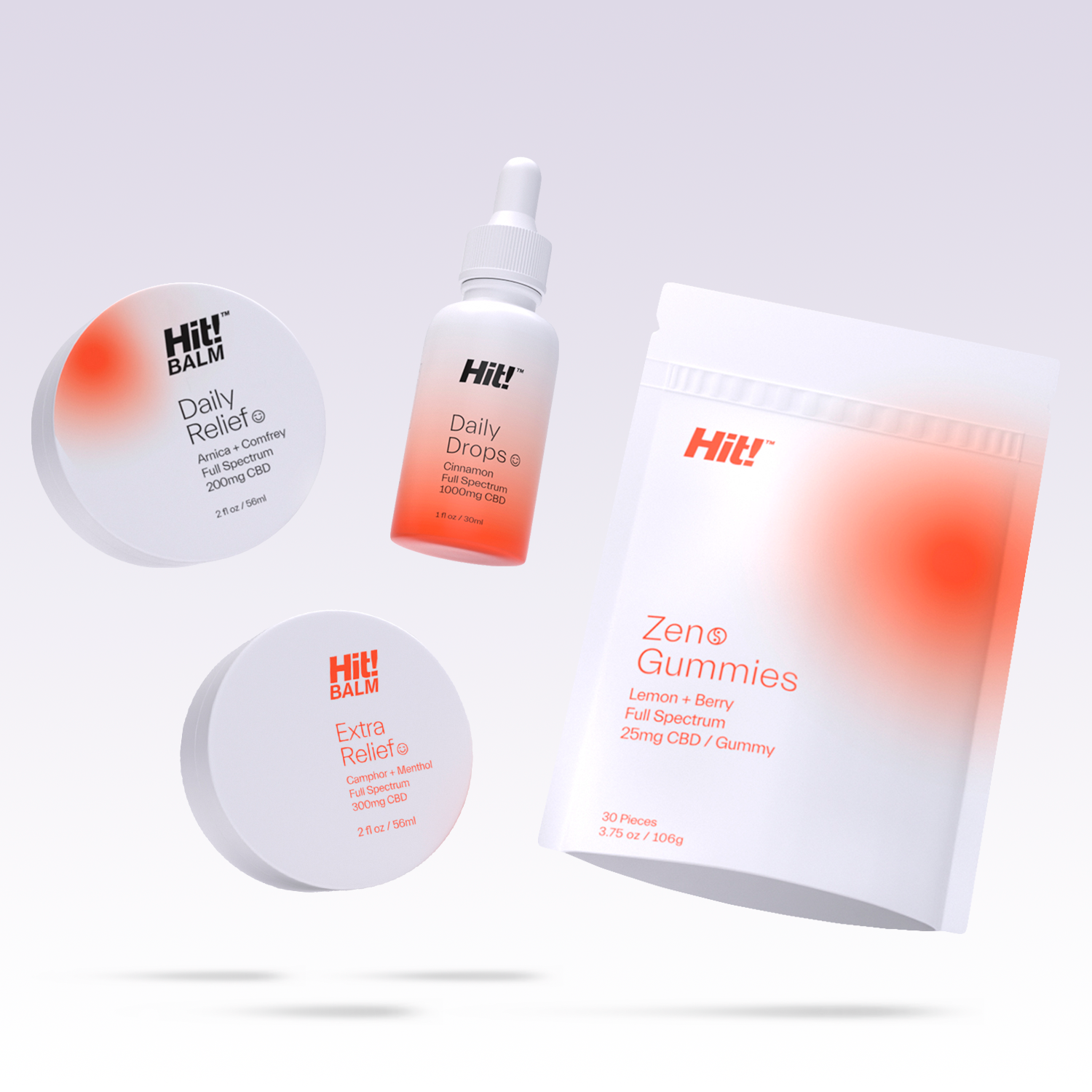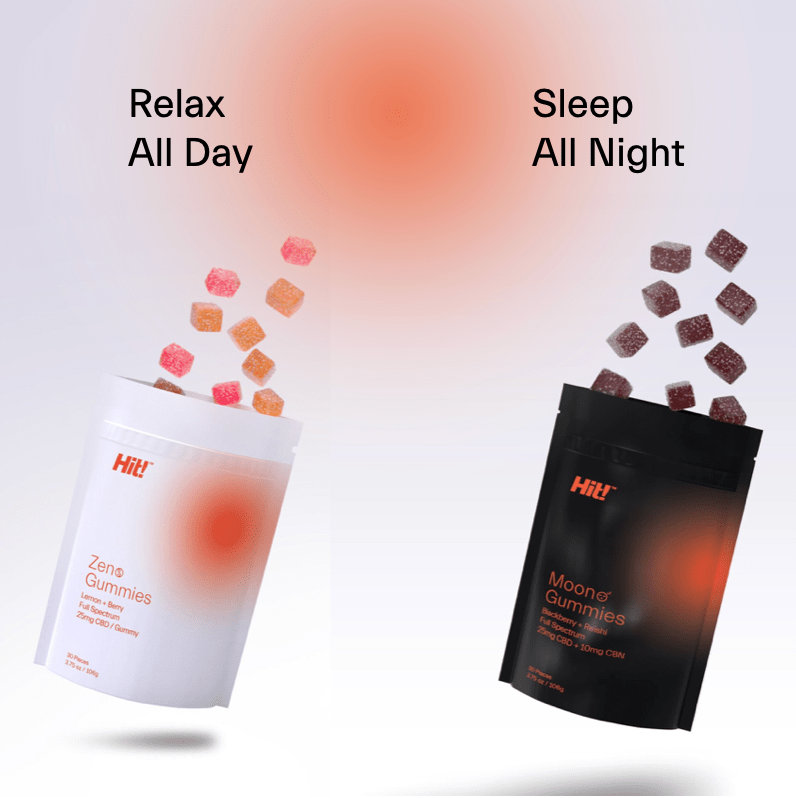Can CBD and CBN overcome insomnia and provide deeper sleep?

In my private practice where I’m seeing hundreds of patients per month, very few report that their sleep quality is deep and replenishing, or for that matter even adequate. With as much multitasking and hustling that modern life requires, a full night’s sleep is often seen as a luxury and not a necessity. In fact, 1 in 3 adults in the US don't get enough sleep, according to the CDC; to extend the point, half of all Americans report feeling sleepy during the day and the majority of the week.
It's not hard to see why: the bright light of scrolling screens keeps us at constant attention; anxiety about COVID and the general state of the world is constant, not to mention trying to stay on top of our day-to-day tasks. Caffeine and sugar fuel the tank when it’s feeling empty. By the end of the day, being able to turn off our minds to allow for true restfulness is a struggle, while stress about not being able to sleep continues the cycle.
To make matters worse, recent research by the National Institute of Health has shown that people getting less than 7 hours sleep per night could be 30% more likely to get dementia.
For good reason, sleep trackers like the Oura Ring, Whoop, FitBit, and apps that integrate with Apple Watch have turned what should be a dream-filled ‘off switch’ into something more closely resembling a sport, with all the metrics to boot.
Considering all of this, it’s no wonder that so many people are looking at natural remedies like CBD and CBN to address stress, anxiety and sleep. But how do they work? Are they simply ‘herbal tranquilizers’ or a silver bullet for restful sleep?
What are CBD and CBN?
Of the 113 cannabinoids in the cannabis plant, three are well-known: tetrahydrocannabinol (THC), cannabidiol (CBD), and cannabinol (CBN).
It's these latter two compounds that specifically aid sleep. CBD is non-psychotropic (meaning it won't give you a ‘high’ like THC); it simply produces a sense of physical relaxation. CBD offers numerous benefits currently under study, including as an antiepileptic, antipsychotic, analgesic and anti-anxiety.
CBN, on the other hand, is produced as a breakdown product from THC. It has been studied less than either THC or CBD, but what research has been done links it with high-quality sleep outcomes.
How CBD and CBN can aid sleep
Whether you're eating CBN gummies for sleep or using CBD oil, understanding the mechanism of action is helpful to separate fact from myth.
CBD works on the endocannabinoid system, principally by targeting and occupying the CB1 and CB2 receptors. You'll find these receptors throughout the body, particularly in the central and peripheral nervous systems. Its action in the brain is why CBD is so beneficial for sleep, though it may be CBD’s stimulating action on serotonin – a neurotransmitter associated with controlling anxiety and depression – that holds the key to how CBD improves sleep quality.
While CBD has multiple targets, CBN's action is almost exclusively related to the CB1 and CB2 receptors. Preliminary studies (see links below) suggest activation of these receptors may produce a sedative effect. They also elicit a suite of other potential benefits, including being anti-inflammatory, which is likely to aid sleep by soothing the body.
What does the evidence say?
In a large retrospective study, 103 adult patients were evaluated for anxiety and sleep while taking CBD. Almost 80% of participants reported decreased anxiety scores in the first month of the study. Moreover, 66.7% of participants saw improved sleep scores (though it did fluctuate over time).
Another study is currently underway investigating the use of CBD and THC in patients with insomnia. The results will shed further light on CBD's role in treating sleep disorders.
If you're planning on taking CBN ingestibles (like gummies or oil) for sleep, anecdotal evidence is abundant, though research on the topic is slim. The connection between CBN and sleep began in 1975, following a study where participants reported a substantial sleep effect. This claim was further reiterated in a 1995 study in mice.
However, a review found the evidence somewhat mixed, in part due to a lack of high-quality studies on the topic. Nevertheless, anecdotal evidence from thousands of CBN users confirms many of the earlier studies' claims, though further research is currently underway.
Other natural plant-based sleep aids
CBD and CBN aren't the only plant-based sleeping aids. Chamomile, for example, is a popular sleep remedy containing the compound apigenin, known to decrease anxiety and initiate sleep. Meanwhile, melatonin – often extracted from plant sources – is the neurotransmitter in the brain that physiologically triggers sleep. It's perhaps the best-known sleep remedy in the world, with reliable effects for most people, but headaches, dizziness and drowsiness are often reported as side effects.
Chinese medicine—my primary field of specialty—has long addressed sleep difficulties and insomnia with a combination of herbal formulas and acupuncture. Single herbs that have been shown to be effective in addressing sleep include Jujube date, reishi mushroom, polygala root, and rehmannia, though the most common practice is to combine a number of herbs into a formula that treats the unique, individual pattern of the patient.
Recommendations
If you are struggling with sleep, CBD/CBN gummies and oils can be very helpful—I often use them myself. If you’ve never tried products containing CBD and CBN, please get in touch as I’m happy to provide personal recommendations on dosage and samples of different CBD products.
References:
https://www.cdc.gov/sleep/data_statistics.html
https://www.sleepfoundation.org/how-sleep-works/sleep-facts-statistics
https://newsinhealth.nih.gov/2021/04/good-sleep-good-health
https://www.redstormscientific.com/what-is-cbn-and-effects-of-cbn/
https://pubmed.ncbi.nlm.nih.gov/30624194/
https://www.healthline.com/health/cbd-for-anxiety#how-cbd-works
https://pubmed.ncbi.nlm.nih.gov/32430450/
https://www.sleepfoundation.org/how-sleep-works/cbd-and-sleep
https://pubmed.ncbi.nlm.nih.gov/1221432/
https://tanasi.com/blog/cbn-and-sleep/
https://www.sleepadvisor.org/does-chamomile-tea-make-you-sleepy/#Chamomile-Tea











Leave a comment